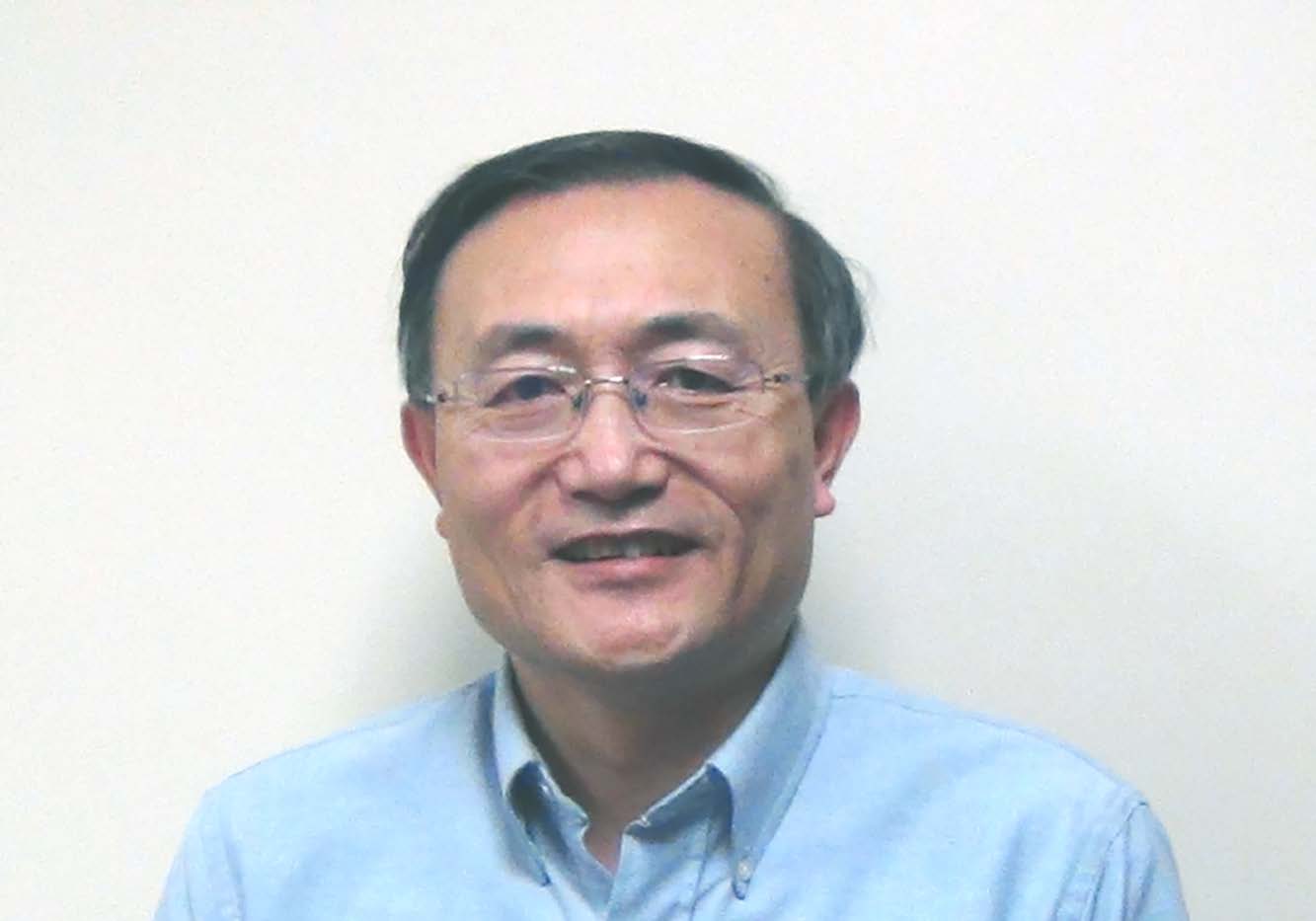The Ding Lab is led by Qiang Ding, Ph.D.
 Qiang Ding, Ph.D.The research in Dr. Qiang Ding’s laboratory aims to understand the key signaling proteins and molecular mechanisms of fatal human diseases. Our research has identified key upstream and downstream effectors, as well as essential coordinators, in regulation of dynamic balance of cell-matrix interaction. Our research has demonstrated that focal adhesion kinase (FAK) and FAK-Related-Non-Kinase (FRNK) form an signaling axis that plays an important role in regulation of the signaling cascade initiated by cell and extracellular matrix interaction in pulmonary fibrosis and cancer invasion. Our research has identified critical pathways that contribute to lung injury and repair in response to bacterial infection and smoke exposure. We are also interested in the systemic impact of these diseases, as well as their long-term effects.
Qiang Ding, Ph.D.The research in Dr. Qiang Ding’s laboratory aims to understand the key signaling proteins and molecular mechanisms of fatal human diseases. Our research has identified key upstream and downstream effectors, as well as essential coordinators, in regulation of dynamic balance of cell-matrix interaction. Our research has demonstrated that focal adhesion kinase (FAK) and FAK-Related-Non-Kinase (FRNK) form an signaling axis that plays an important role in regulation of the signaling cascade initiated by cell and extracellular matrix interaction in pulmonary fibrosis and cancer invasion. Our research has identified critical pathways that contribute to lung injury and repair in response to bacterial infection and smoke exposure. We are also interested in the systemic impact of these diseases, as well as their long-term effects.
Our research has developed strategies to test the therapeutic effects of protein kinase inhibitors by using pre-clinical animal models of human diseases. Our laboratory has also developed new animal models of human diseases and new test tools, and has used cutting edge technologies for the research. Our long-term goal is to develop new and effective therapeutic strategies to precisely target the key pathways and signaling proteins that are responsible for the development of the pathologic conditions.